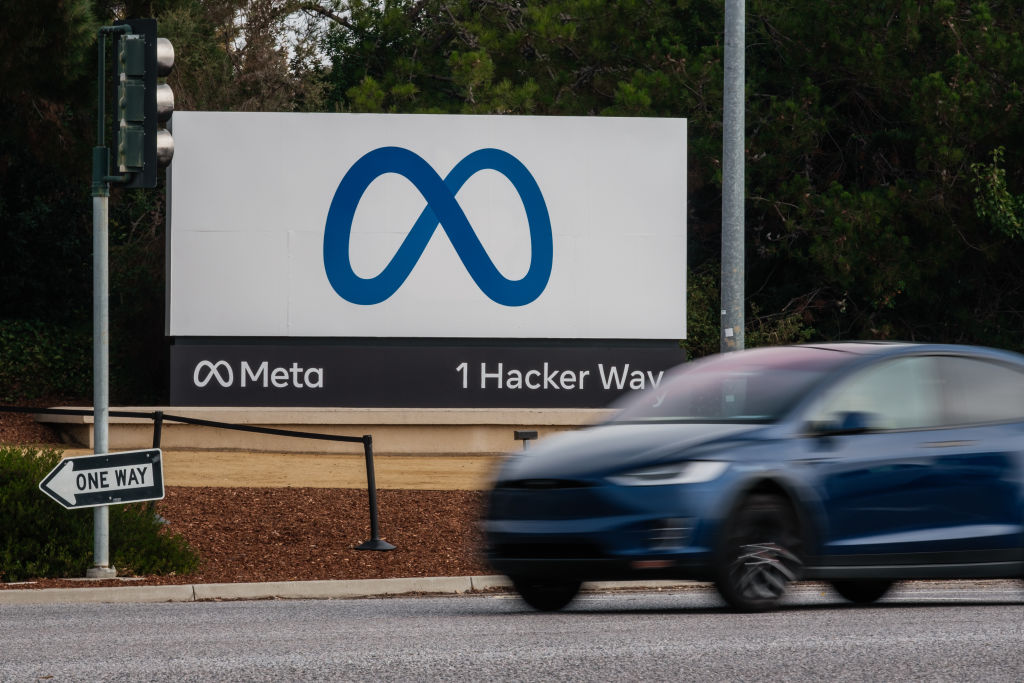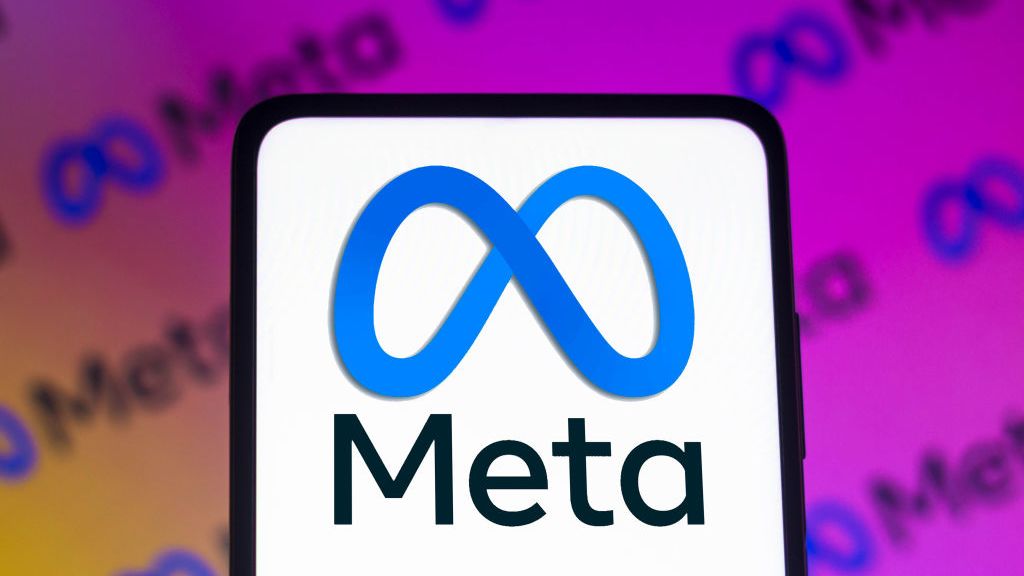Twitter makes HTTPS default setting
The micro-blogging site makes sure tweets are encrypted as HTTPS is switched on by default.


Sign up today and you will receive a free copy of our Future Focus 2025 report - the leading guidance on AI, cybersecurity and other IT challenges as per 700+ senior executives
You are now subscribed
Your newsletter sign-up was successful
Twitter has upped security for its users by turning HTTPS on by default, meaning tweeters won't have to switch it on for themselves.
It means all tweets will now be encrypted, therefore all but killing off any Wi-Fi snooping threats.
"This setting makes your Twitter experience more secure by protecting your information, and it's especially helpful if you use Twitter over an unsecured Internet connection like a public Wi-Fi network," the company said in a blog post.
"Now, HTTPS will be on by default for all users, whenever you sign in to Twitter.com. If you prefer not use it, you can turn it off on your Account Settings page. HTTPS is one of the best ways to keep your account safe and it will only get better as we continue to improve HTTPS support on our web and mobile clients."
Twitter initially made HTTPS an opt-in feature in March last year.
HTTPS is one of the best ways to keep your account safe.
Facebook also has an option to turn HTTPS on permanently but there has been no indication it will be made a default setting.
Sign up today and you will receive a free copy of our Future Focus 2025 report - the leading guidance on AI, cybersecurity and other IT challenges as per 700+ senior executives
There remain issues with SSL protection, however. In particular, the certificate authority (CA) system, which relies on providers handing out HTTPS keys, has been heavily criticised.
If a CA is compromised, hackers can set up fake websites which look like the real thing. For instance, a fake Twitter website could be set up to dupe users out of data.
Tom Brewster is currently an associate editor at Forbes and an award-winning journalist who covers cyber security, surveillance, and privacy. Starting his career at ITPro as a staff writer and working up to a senior staff writer role, Tom has been covering the tech industry for more than ten years and is considered one of the leading journalists in his specialism.
He is a proud alum of the University of Sheffield where he secured an undergraduate degree in English Literature before undertaking a certification from General Assembly in web development.
-
 Scania admits leak of data after extortion attempt
Scania admits leak of data after extortion attemptNews Hacker stole 34,000 files from a third-party managed website, trucking company says
-
 Capita tells pension provider to 'assume' nearly 500,000 customers' data stolen
Capita tells pension provider to 'assume' nearly 500,000 customers' data stolenCapita told the pension provider to “work on the assumption” that data had been stolen
-
 Latest Meta GDPR fine brings 12-month total to more than €1 billion
Latest Meta GDPR fine brings 12-month total to more than €1 billionNews Meta was issued with two hefty GDPR fines for “forcing” users to consent to data processing
-
 "Unacceptable" data scraping lands Meta a £228m data protection fine
"Unacceptable" data scraping lands Meta a £228m data protection fineNews The much-awaited decision follows the scraping of half a billion users' data and received unanimous approval from EU regulators
-
 Meta notifies around 1 million Facebook users of potential compromise through malicious apps
Meta notifies around 1 million Facebook users of potential compromise through malicious appsNews The vast majority of apps targeting iOS users appeared to be genuine apps for managing business functions such as advertising and analytics
-
 Twitter API keys found leaked in over 3,200 apps, raising concerns for linked accounts
Twitter API keys found leaked in over 3,200 apps, raising concerns for linked accountsNews Business and verified Twitter accounts linked to affected apps are at risk of takeover, use in malicious campaigns
-
 Facebook business accounts hijacked by infostealer malware campaign
Facebook business accounts hijacked by infostealer malware campaignNews Threat actors are using LinkedIn phishing to seize business, ad accounts for financial gain
-
 Meta begins encrypting Facebook URLs, nullifying tracking countermeasures
Meta begins encrypting Facebook URLs, nullifying tracking countermeasuresNews The move has made URL stripping impossible but will improve analytics


